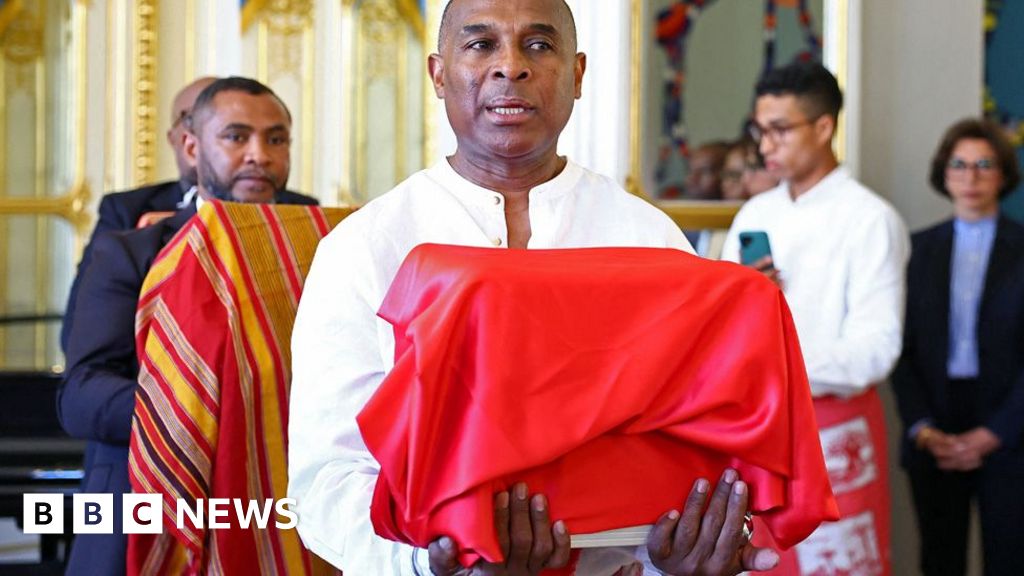Namibia is observing a significant historical moment as it marks its first national Day of Remembrance for the genocide that took place from 1904 to 1908, during German colonial rule. Often referred to as "Germany's forgotten genocide," this tragic chapter resulted in the systematic extermination of over 70,000 Africans, primarily from the Ovaherero and Nama communities. The initiative for a dedicated day of remembrance arises amid growing pressure on Germany to take responsibility and offer reparations for its colonial actions.
The newly established Genocide Remembrance Day, celebrated on 28 May, pays tribute to the victims and seeks to foster a healing journey for Namibia. This date was selected as it marks the year 1907 when German officials decided to shut down concentration camps that had been decried internationally. Commemoration events include moments of silence and candlelight vigils in the capital, Windhoek.
Historically, the genocide was marked by horrific acts, including the use of concentration camps and inhumane experiments on people who resisted the colonizers' land seizures. The situation received limited acknowledgment from Germany for decades, although in 2019, it formally recognized its colonial past and offered €1.1 billion in development aid to Namibia. The Aid, however, lacked the critical components of "reparations" or "compensation," leading to criticism from Namibian leaders and victims' families who view this move as insufficient.
Many Namibians, particularly descendants of the victims, regard the offer with skepticism, insisting on land restitution alongside a formal apology. For community activists, the day of remembrance, while symbolically important, reflects a longer struggle for justice that remains unfulfilled. Calls have been made for the German government to engage in restorative measures, including repurchasing ancestral lands currently held by German-speaking inhabitants.
Historically, the German government had enforced reparations on the Ovaherero and Nama people before the genocide occurred, evidencing the complex legacy of colonialism that continues to haunt Nigeria's descendants. Notably, the genocide was initiated by a military extermination order, which set in motion a horrific campaign that resulted in countless deaths and atrocities documented as crimes against humanity.
The observance of Genocide Remembrance Day underscores Namibia's effort to reconcile with its past, although some voices in the community remain wary, insisting that true justice remains a distant goal. The recent diplomatic relations between Namibia and Germany have brought attention to the broader implications of colonial reparations and the importance of addressing historical injustices in the context of global governance and human rights.


















